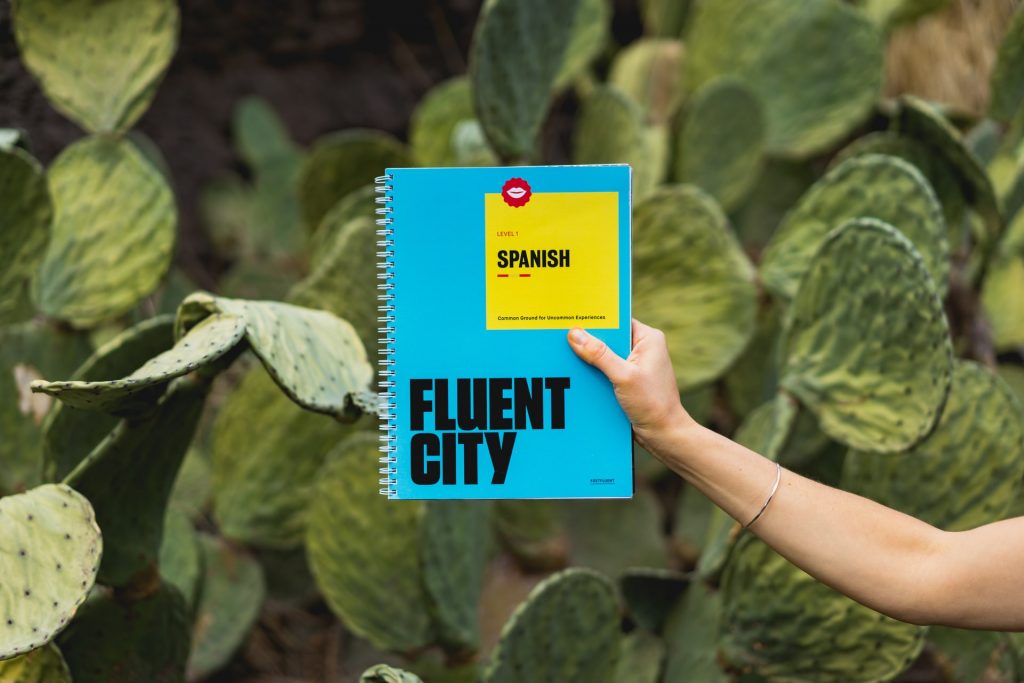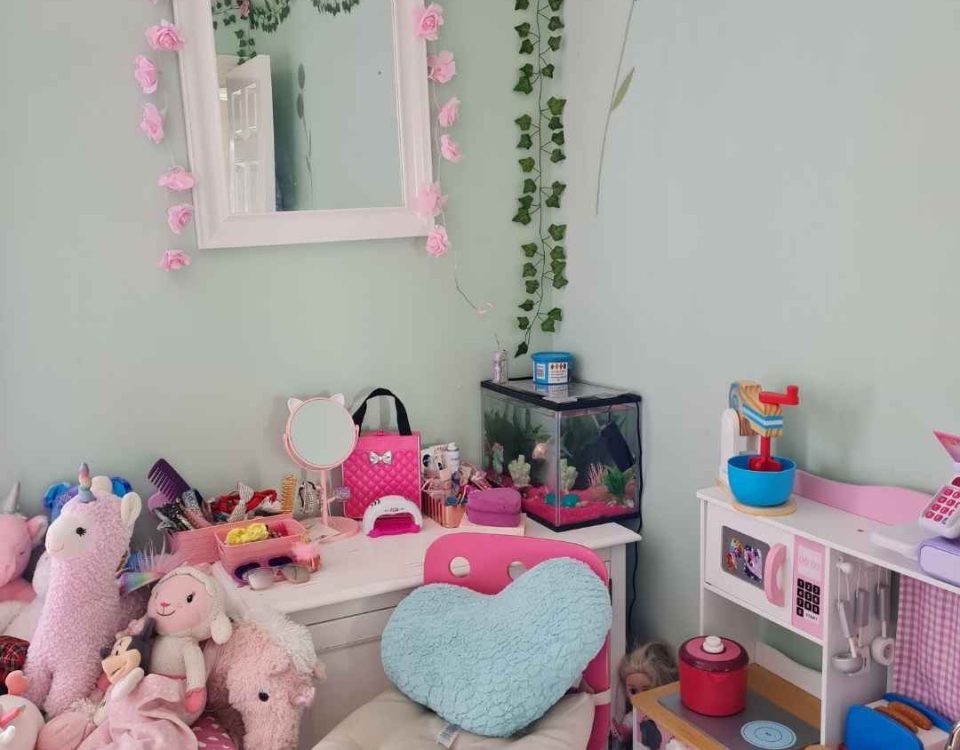This website uses cookies so that we can provide you with the best user experience possible. Cookie information is stored in your browser and performs functions such as recognising you when you return to our website and helping our team to understand which sections of the website you find most interesting and useful.

No Mess Painting with Little Brian
9th September 2020
4 Ways You Can Save on Your Next Cosmetic Surgery Procedures
16th September 2020How to Become Fluent in a Foreign Language on a Budget

*written in collaboration with Emily Jones
One of the best investments you can make in yourself is learning a foreign language. It can help your career in terms of both opportunity as well as advancement, but also it is extremely beneficial to your mind and health.
While traditional methods of learning a foreign language often focused on in-person classroom learning environments, this method can be incredibly time consuming as well as expensive. Luckily there are ways you can become fluent in a foreign language without spending a fortune!

Here are some budget-friendly foreign language learning tools:
Use a language app
A language app gives you the learning environment, but also gives you the flexibility to do language lessons anywhere, anytime. An app like Babbel for example, that has structured learning paths for 14 different languages, gives you the ability to do a quick 10/20-minute lesson to focus on vocabulary, grammar or sentence structure when you can fit it into your schedule. That makes daily practice easier and more practical than attending an in-person class for many people.
This could also be a great tool for TEFL teaching for students to use as an additional resource at home when not in class.
Join a conversation club
You can listen and read all you want, but speaking is vital to learning a foreign language. Check your surrounding area for a conversation club you can join in person, or find one online! It is fun, educational, and encouraging to chat with others learning the language as well. You could also find a language buddy that you want to study and practice with as you go.
The trick here is to take the time to find a conversation club that is at your level so that you are challenged but it is also a productive use of your time actually speaking and using your language skills.

YouTube
YouTube is a wonderful (free) resource for language learning. You can find focused language created by native speakers in the language you are learning, or even videos by native speakers on a topic of your interest.
Read books
Books are incredibly helpful with learning a language because it helps you expand your vocabulary, learn sentence structure, learn expressions and more. You can often find books available at your local library to read, or you can pick up a couple books in a genre and level of your choosing so you can highlight and do self-guided lessons as you go.
Listen to podcasts or to the radio
Actually hearing the language you are learning is crucial for your comprehension skills. It is also a way you get your ear tuned to the accent and flow of the language. Each language has its own flow, pronunciation, and way of delivery and podcasts and the radio are two free resources that can focus in on or have in the background. Even just having the radio or a podcast on in the background as you cook, walk or go about your day can boost your language skills as you are exposed to the language still.

Read global news content
Global news content is a free resource to not only improve your reading and comprehension skills, but also to learn about the local area of the language you are learning. When you find an article that you find interesting and seems about your language level, spend an hour with it. Read it out loud multiple times, highlight new words in color, grammar patterns you’ve been learning in another.
Play around with Google Translate
Google Translate, while not always 100% accurate, is an incredibly helpful tool. You can translate as you go along your language learning journey, focusing on individual words or overall ideas of a phrase or paragraph.
You could even let your children partake in these activities. They will certainly be interested in doing something together and it will be great for them to pick up a language as well. After all, the earlier you start with language learning the better!


